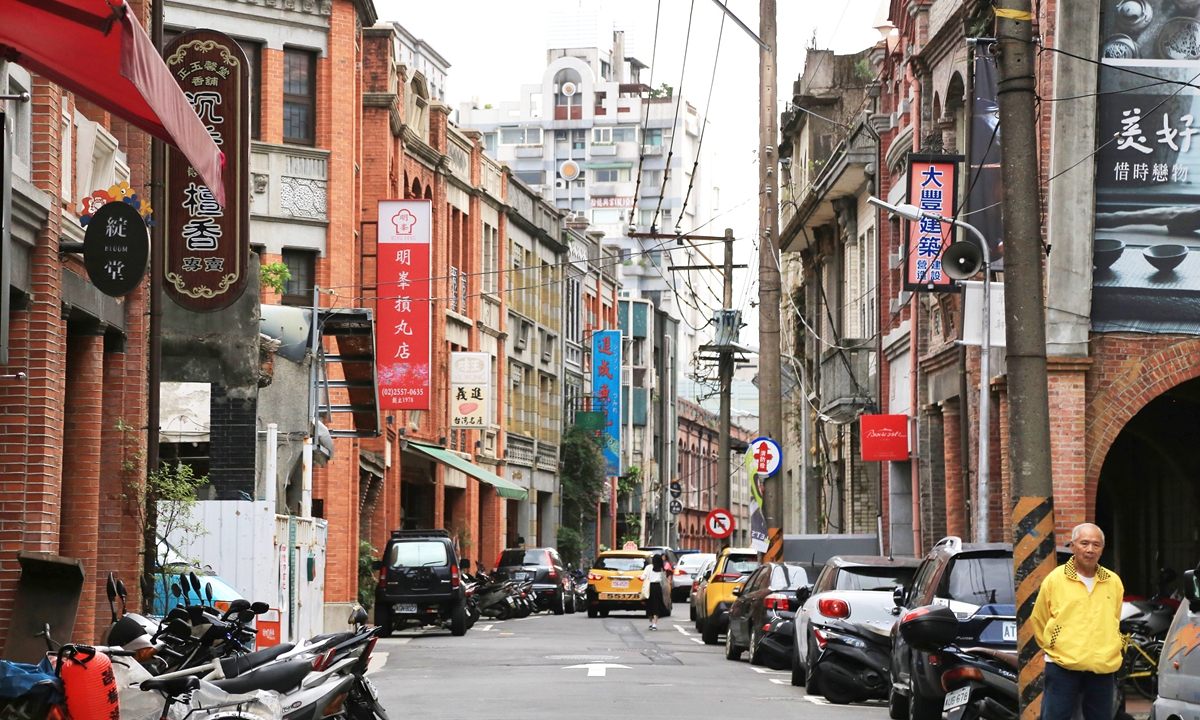Thwarting cross-Straits exchanges hurts Taiwan’s development: MOFCOM
Source: Global Times Published: 2020/8/27 17:38:40

Photo:VCG
Democratic Progressive Party (DPP) authorities in the island of Taiwan have been trying to thwart exchanges and cross-Straits cooperation for some time, and that will only curb the growth of Taiwan's economy, the Ministry of Commerce (MOFCOM) spokesperson Gao Feng told reporters on Thursday, responding to whether the cross-Straits Economic Cooperation Framework Agreement (ECFA) will continue.
Based on the 1992 Consensus, the trade pact was signed in 2010 to remove trade barriers between the Chinese mainland and the island of Taiwan, with a length of 10 years. The agreement will expire next month.
As of the end of 2019, the Chinese mainland had exempted tariffs for the island of Taiwan by $6.15 billion, and 56 financial enterprises and 1,333 non-financial enterprises in Taiwan had benefited from the preferential policies spelt out in the ECFA to provide services to the mainland, Gao said.
The benefits brought by the cross-Strait trade pact to small and medium-sized enterprises, farmers and fishermen based in Taiwan are tangible and visible, said Gao.
However, he pointed out "that for some time, the DPP authorities have been using various accusations and other means to obstruct and destroy cross-Straits exchanges and cooperation, which will only limit the space for Taiwan's economic development and jeopardize the interests of Taiwan people."
The obstruction of cross-Straits exchanges and cooperation has now spread to the telecoms sector.
On Wednesday, the American Institute in Taiwan (AIT) and the Taipei Economic and Cultural Representative Office issued a joint statement on 5G security, a move aimed at blocking Huawei 's 5G.
"It is a purely political decision that is irrelevant when considering Taiwan's telecoms industry development," Xiang Ligang, a veteran tech industry analyst based in Beijing, told the Global Times on Thursday.
The Chinese mainland and Taiwan have close connections in the sector of information and communication technology, and Xiang said that many Taiwan-made products are sold to the Chinese mainland.
Since the island of Taiwan just started its 5G rollout, it is unwise to exclude equipment suppliers from the mainland, Xiang said.